Venezuela Releases 146 Protesters Amid Ongoing Political Turmoil
The Venezuelan government has released 146 election protesters, bringing the total to 1,515 amidst ongoing national unrest. As Maduro prepares for a disputed third term, the opposition, led by Edmundo Gonzalez, claims electoral fraud and has faced severe government repression. With international dynamics at play, the future of Venezuela’s political landscape remains uncertain.
The Venezuelan government has announced the release of 146 individuals who were detained during the anti-government protests that erupted following the controversial presidential election held on July 28. Venezuelan Attorney General Tarek Saab stated that this release brings the total number of released prisoners to 1,515 amidst an ongoing crackdown on dissent. The announcement comes just days before President Nicolas Maduro is to be sworn in for a disputed third term, despite prior claims of electoral victories that have been questioned by opposition parties.
Tensions increased when Nicolás Maduro’s administration declared his victory soon after the elections, which were marred by allegations of irregularities. The opposition, led by Edmundo Gonzalez, contested the results, claiming his tallies indicated a significant lead against Maduro. In light of the protests following the election and widespread allegations of human rights violations, the government has faced harsh scrutiny both domestically and internationally.
In addition to the protesters, Maduro’s government has actively pursued Gonzalez, issuing an arrest warrant and a reward for information on his location after he fled to Spain. The opposition has argued that the electoral and judicial bodies in Venezuela are biased and serve only to uphold Maduro’s regime. Activists estimate that around 2,000 individuals were detained during the protests, with reports of at least 23 deaths.
As the political battle continues, the opposition has urged military forces to recognize Gonzalez as the legitimate leader, with Gonzalez stating, “On January 10, by the sovereign will of the Venezuelan people, I must assume the role of commander-in-chief.” In an effort to garner support against Maduro, he has been traveling through Latin America, with future plans to meet with high-ranking officials in the United States. However, uncertainty looms over whether international pressure can feasibly deter Maduro’s impending inauguration.
Venezuela has been marked by political strife and economic turmoil in recent years, leading to significant protests and dissent against President Nicolas Maduro’s government. Following the highly contentious presidential election of July 28, where accusations of electoral fraud have surfaced, the government has been accused of heavy-handed crackdowns on opposition and civil rights infringements. This context provides essential understanding of the challenges facing the country as it navigates a politically divided landscape and severe economic hardship, exacerbated by sanctions and global diplomatic tensions.
The recent release of 146 protesters in Venezuela represents a significant yet strategic response by the Maduro administration, coinciding with heightened national and international scrutiny as Maduro prepares for a third term. The political climate remains fraught with tension as the opposition challenges the legitimacy of Maduro’s presidency while advocating for Gonzalez’s recognition. The stark realities of regional political dynamics and pressures from international bodies may influence the unfolding situation in the coming months.
Original Source: www.aljazeera.com
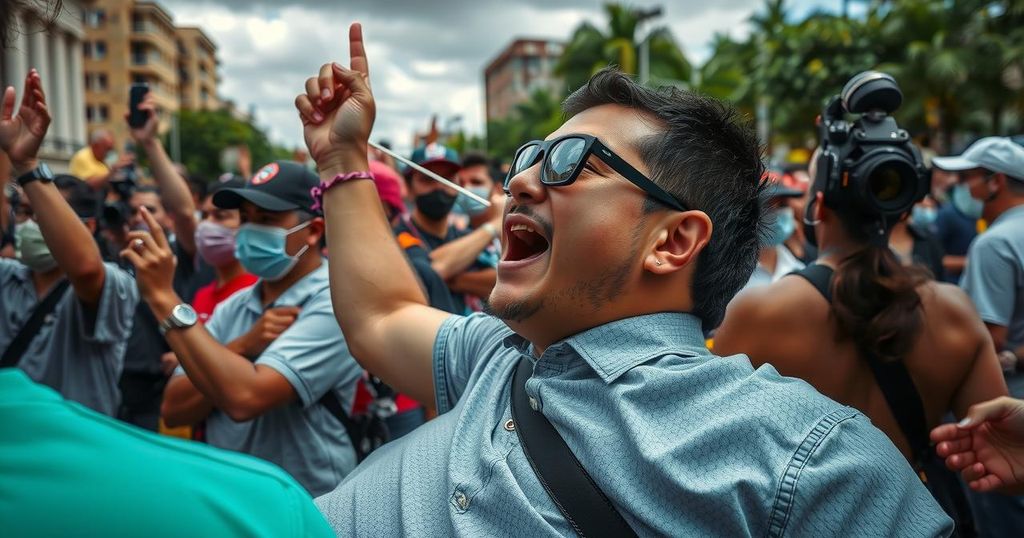
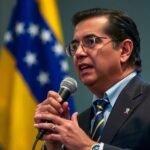
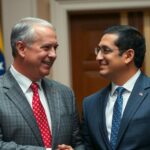
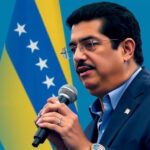
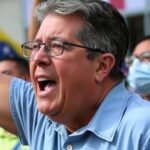
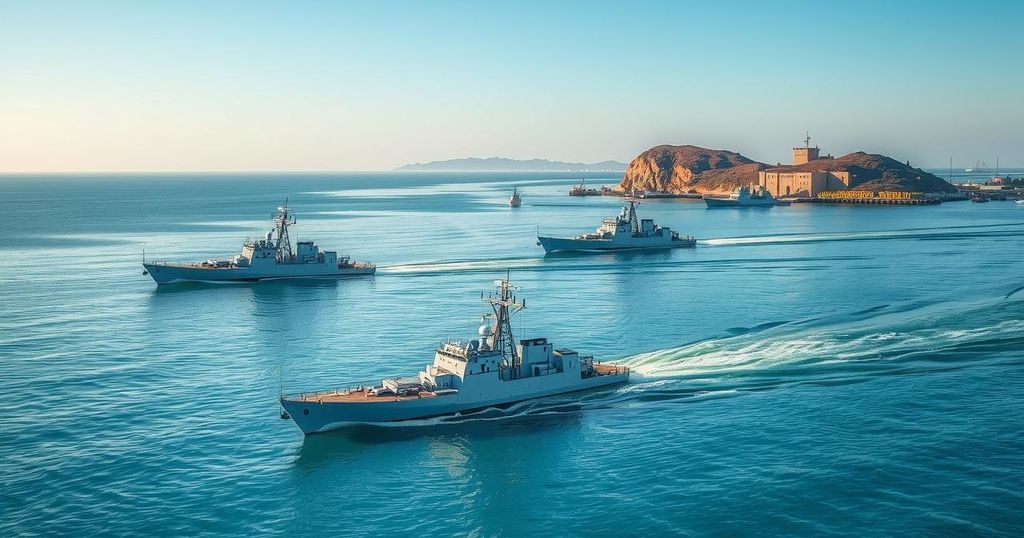
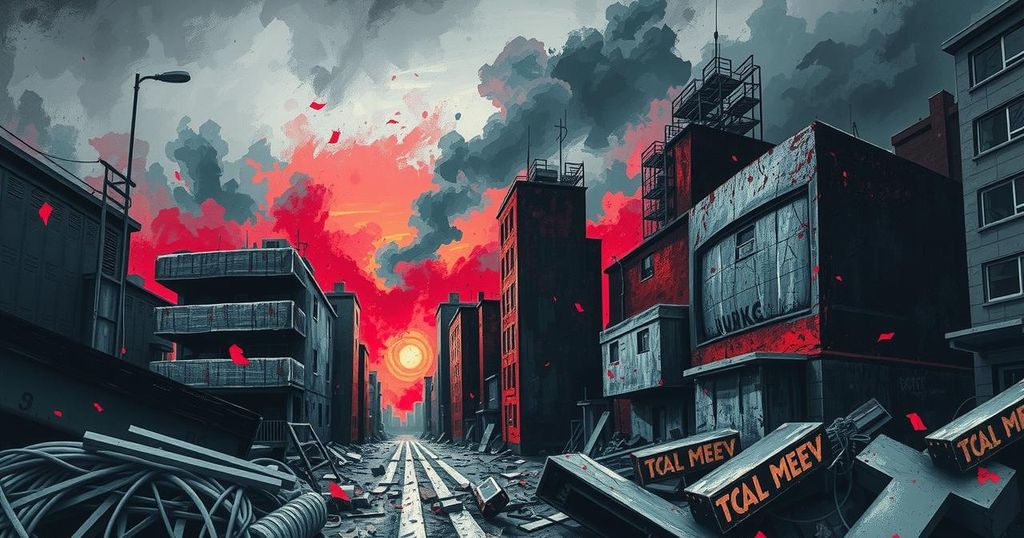
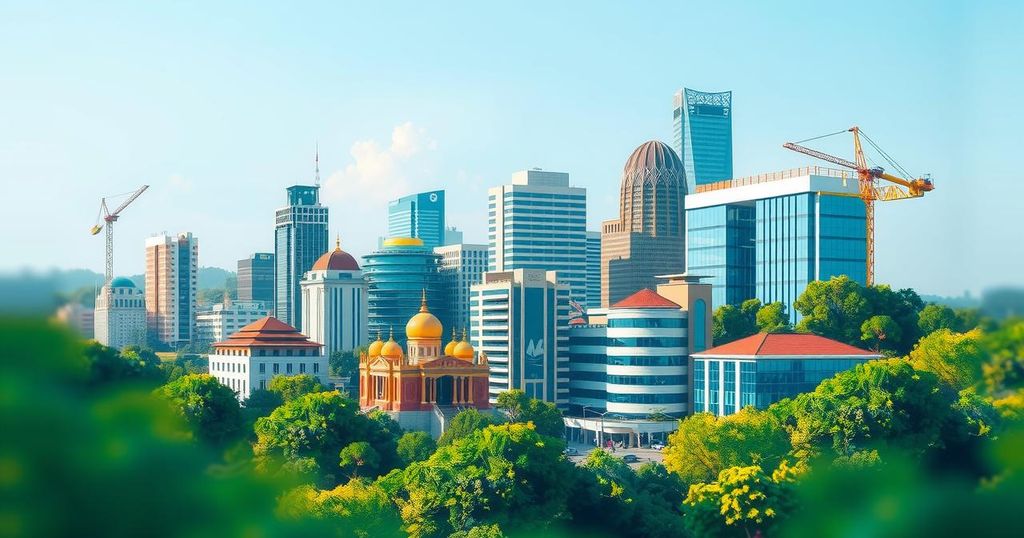
Post Comment